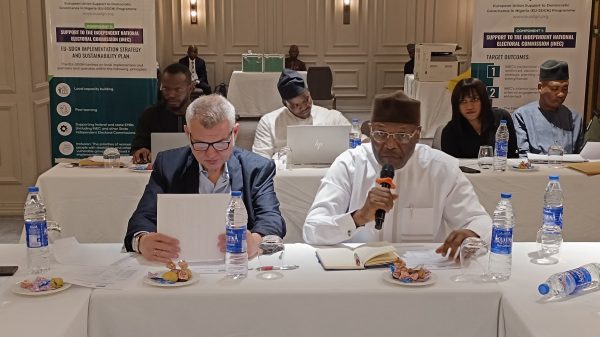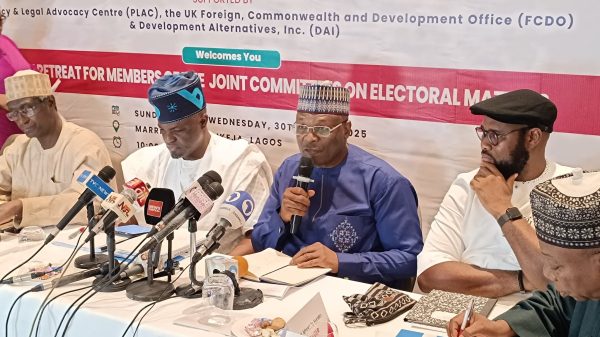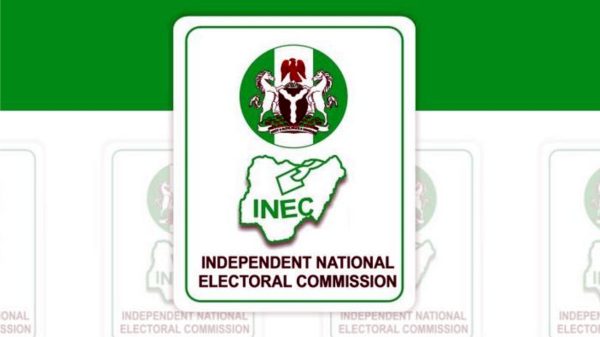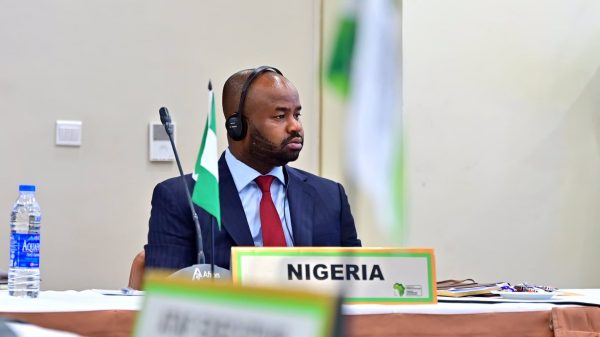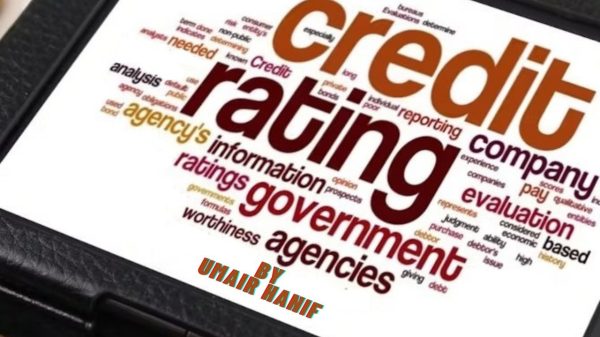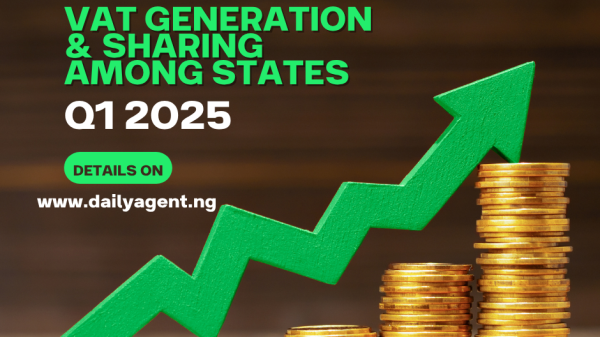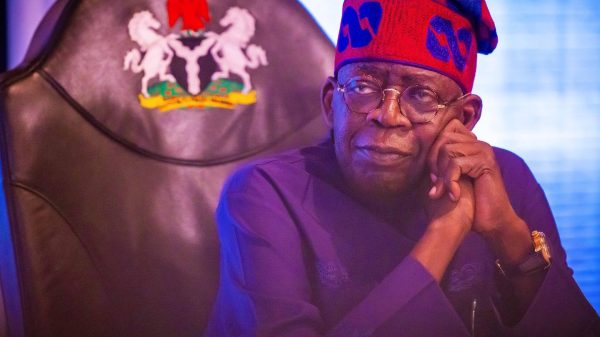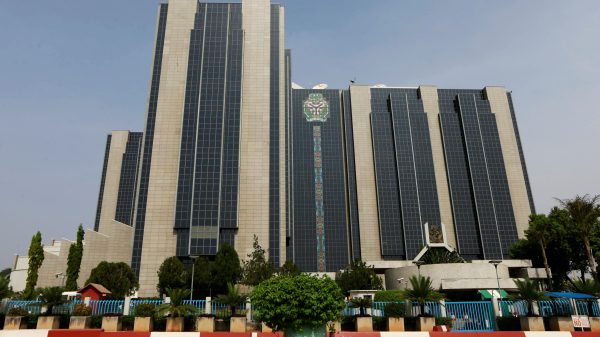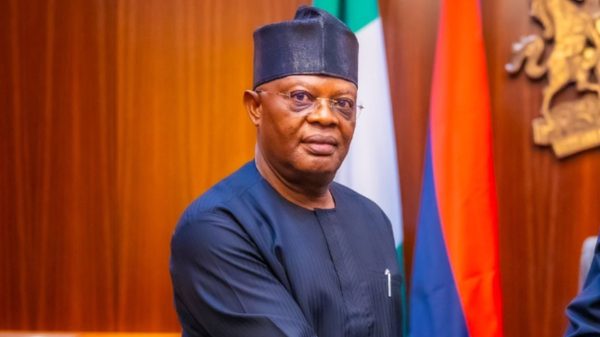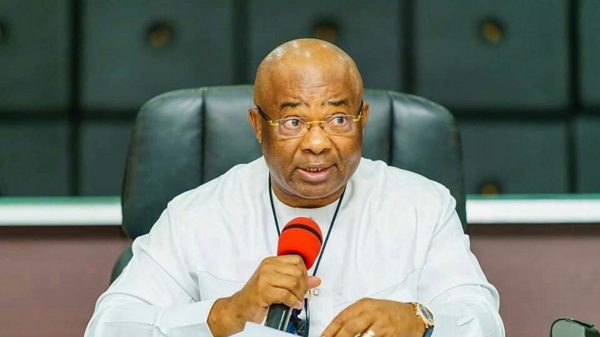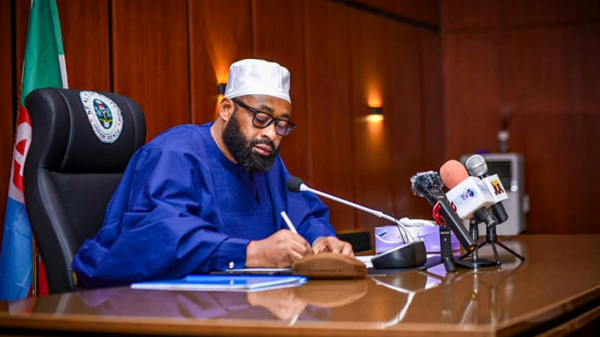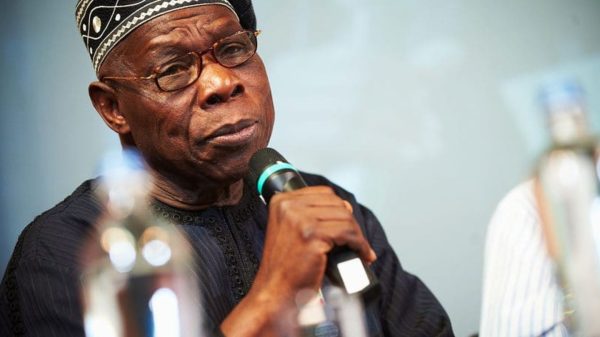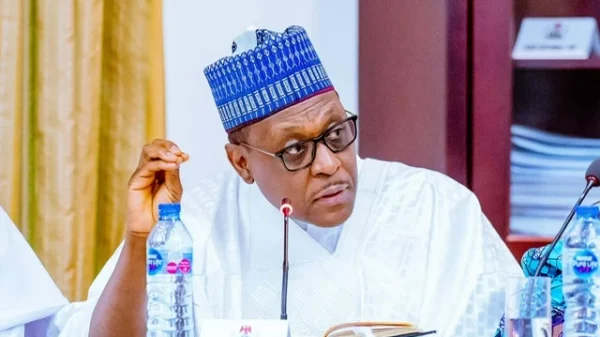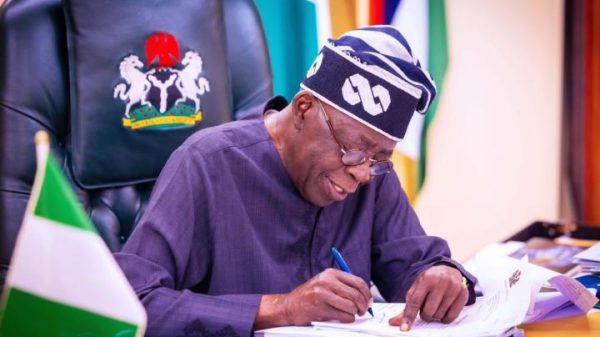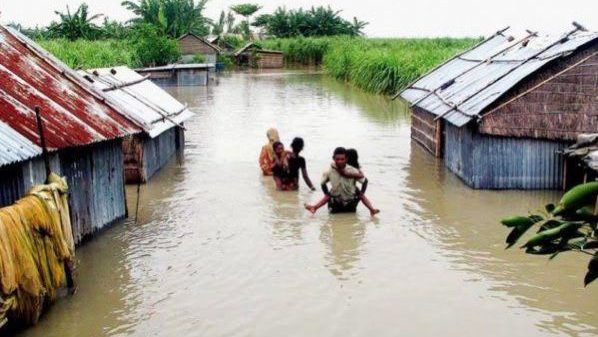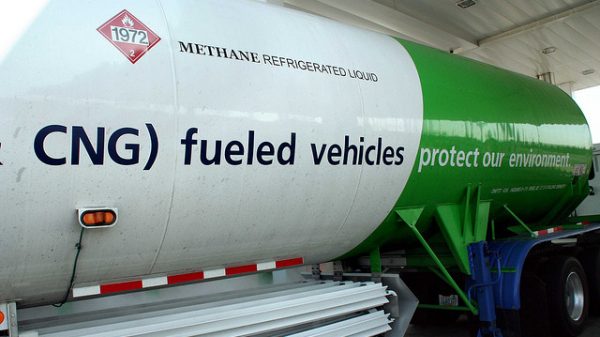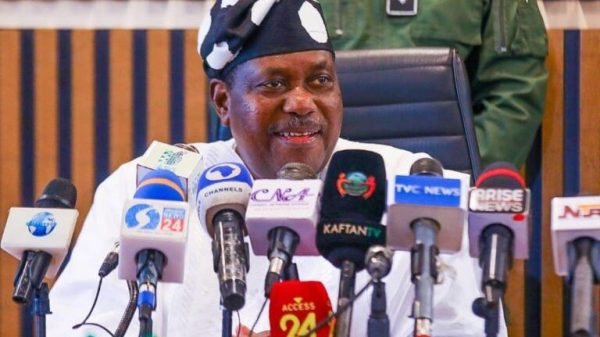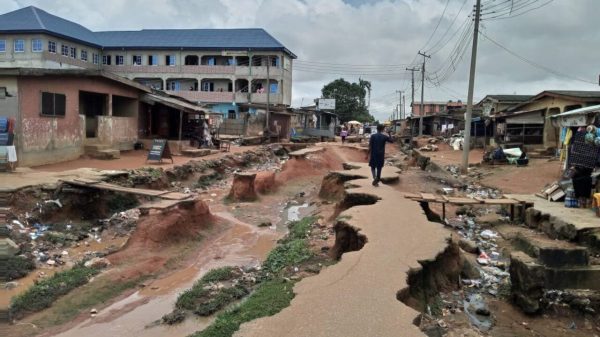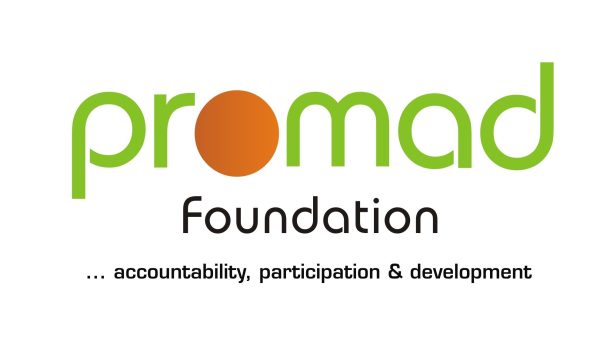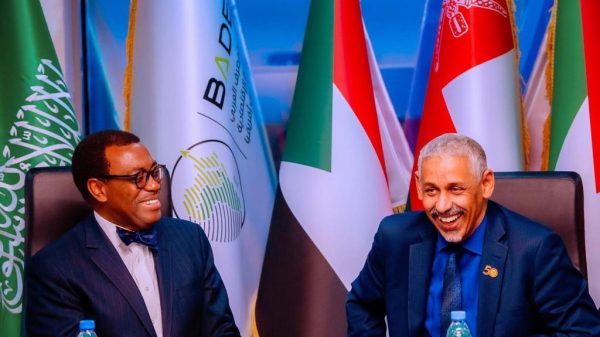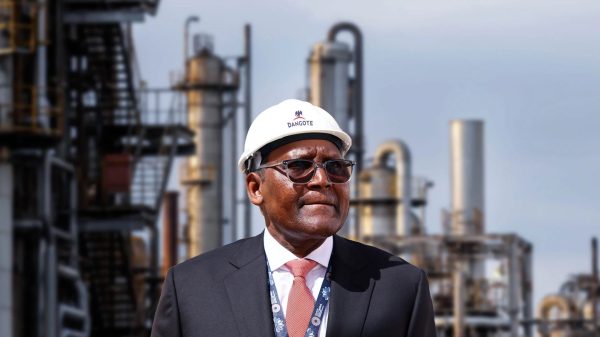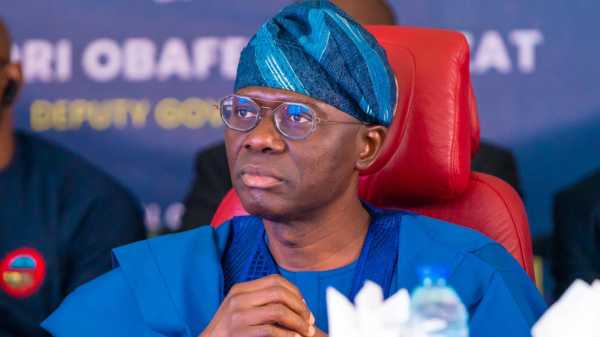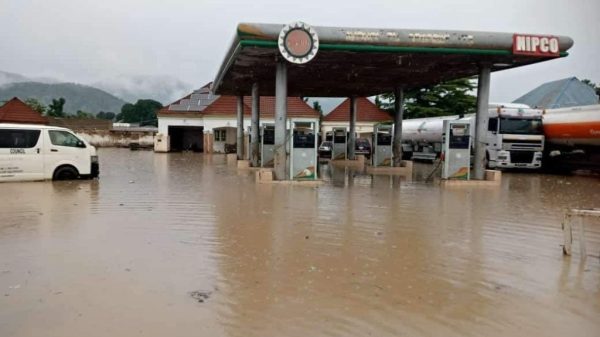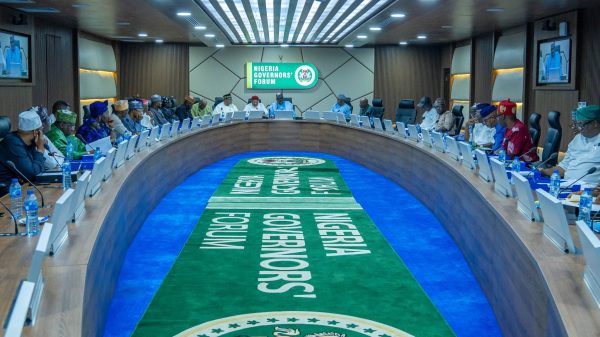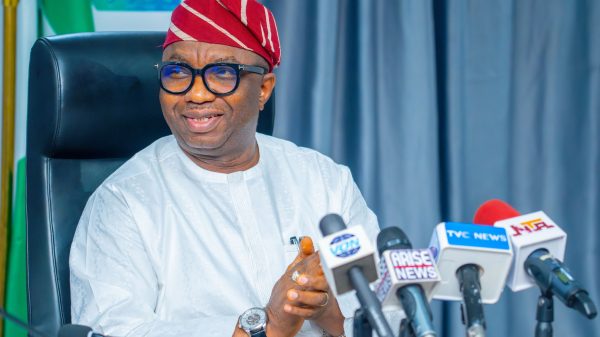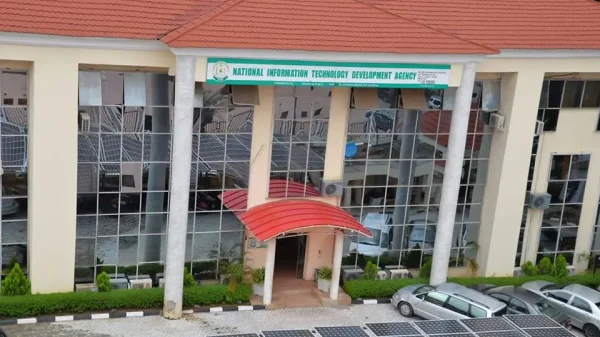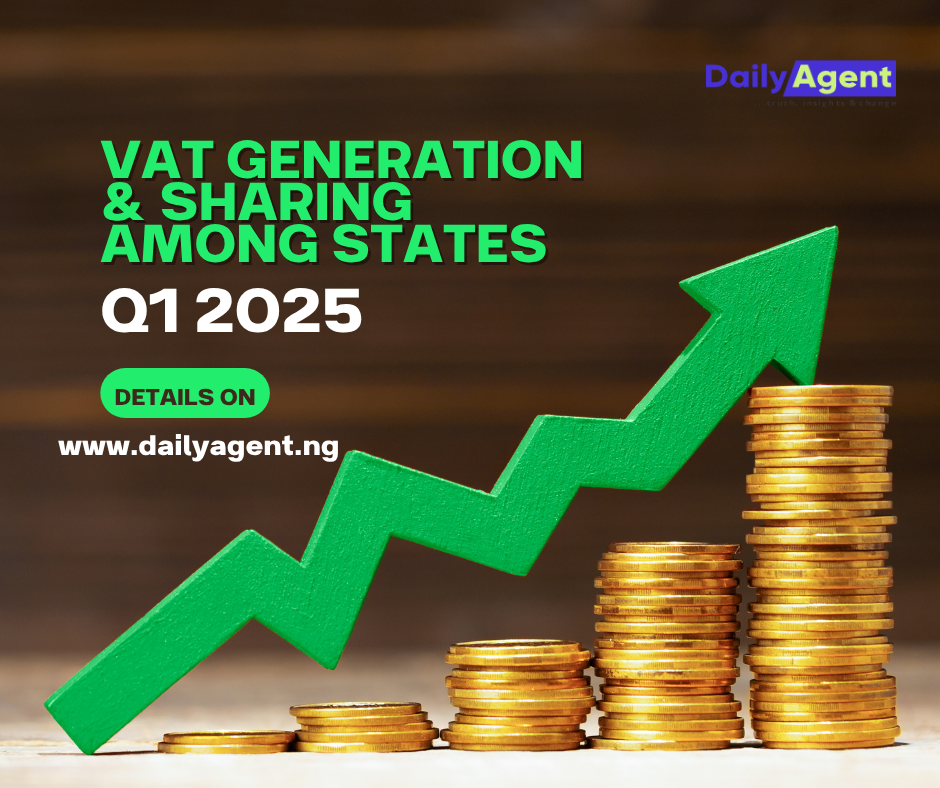According to the World Bank, the blue economy is the “Sustainable use of ocean resources to benefit economies, livelihoods and ocean ecosystem health”.
The European Commission (EU) defines it as “All economic activities related to oceans, seas and coasts. It covers a wide range of interlinked established and emerging sectors.”
The Commonwealth of Nations in its own definition considers it as “an emerging concept which encourages better stewardship of our ocean or ‘blue’ resources.” Conservation International adds that the “blue economy also includes economic benefits that may not be marketed, such as carbon storage, coastal protection, cultural values and biodiversity.”
The Center for the blue economy says “It is now a widely used term around the world with three related but distinct meanings- the overall contribution of the oceans to economies, the need to address the environmental and ecological sustainability of the oceans, and the ocean economy as a growth opportunity for both developed and developing countries.”
A representative of the United Nations recently defined the Blue Economy as an economy that “comprises a range of economic sectors and related policies that together determine whether the use of ocean resources is sustainable. An important challenge of the blue economy is to understand and better manage the many aspects of oceanic sustainability, ranging from sustainable fisheries to ecosystem health to preventing pollution. Secondly, the blue economy challenges us to realize that the sustainable management of ocean resources will require collaboration across borders and sectors through a variety of partnerships, and on a scale that has not been previously achieved. This is a tall order, particularly for Small Island Developing States (SIDS) and Least Developed Countries (LDCs) which face significant limitations.
The UN is committed to the blue economy because of its aiding the achievement of the Sustainable Development Goals (SDG goal 14—life below water).
The activities in the blue economy include maritime shipping; fishing and aquaculture; coastal tourism; Renewable energy and water desalination.
Others are undersea cabling; seabed extractive industries & deep sea mining; marine genetic resources and biotechnology.
The blue economy is estimated to be worth more than $1.5 trillion per year globally. It provides over 30 million jobs and supplies a vital source of protein to over 3 billion people.
Nigeria’s blue economy strategy
The Tinubu administration has created the Federal Ministry of Marine and Blue Economy. The ministry is to be overseen by Olubunmi Tunji-Ojo, a two-term member of the House of Representatives who has been appointed as its minister by the President.
Nigeria is rich in maritime activities and its potential to generate more revenue for the country.
Some existing Federal Government agencies in the Federal Ministry of Transportation will be moved to the newly created Marine and Blue Economy Ministry.
These agencies include the Nigeria Ports Authority (NPA); the Maritime Academy of Nigeria; the Nigerian Maritime Administration and Safety Agency (NIMASA); the Nigeria Shippers Council and the Nigeria Inland Waterways Authority (NIWA).






